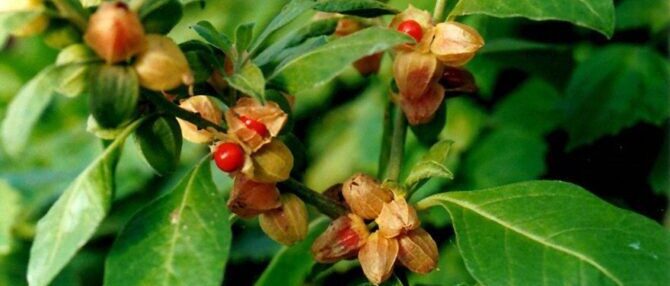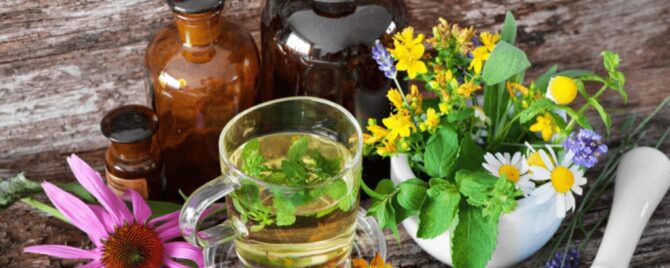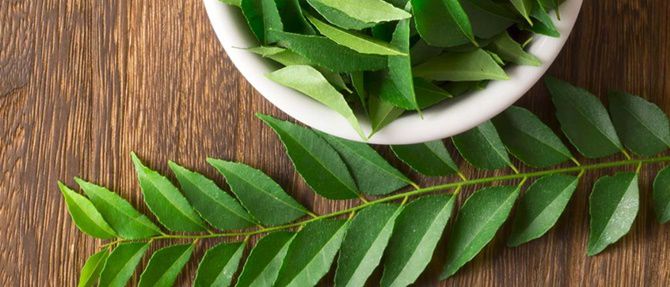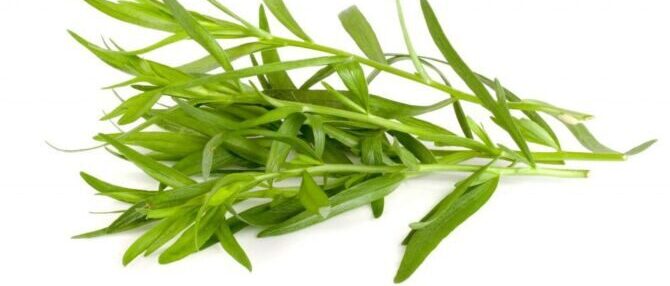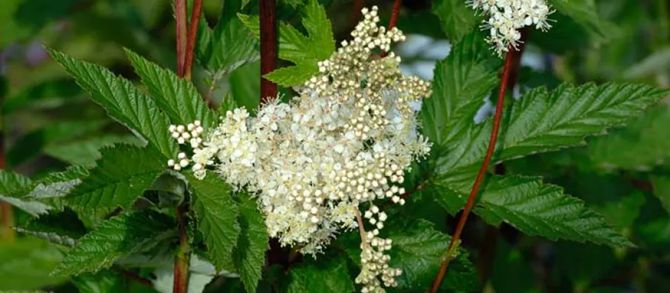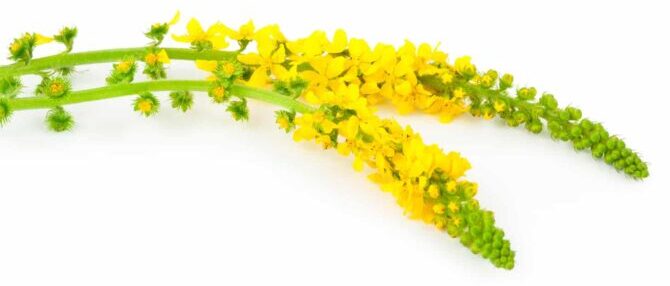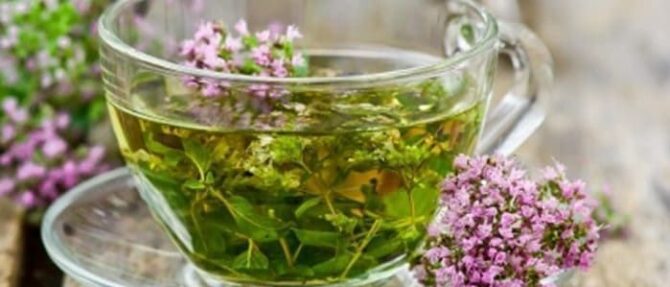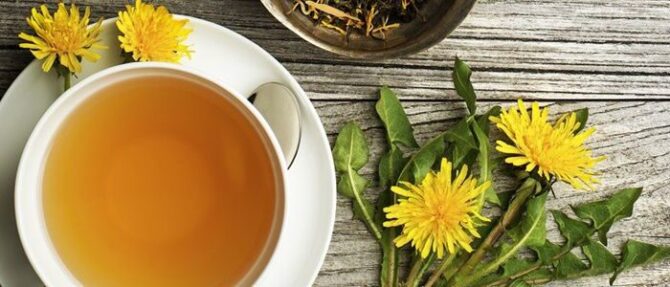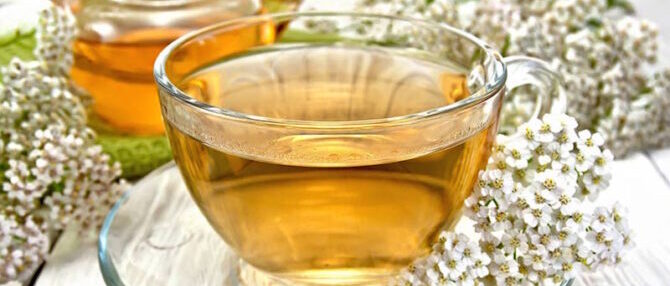Herbal Remedies
Ashwagandha Medicinal Uses
Ashwagandha Medicinal Uses are well documented. Known for it’s rejunivative and adaptogenic properties, Ashwagandha (Withania somnifera) is an important Ayurvedic Herb. This is an important plant in the traditional medicine of Africa and Asia. It is widely referred to as ‘Indian ginseng’, and like the real ginseng from Chinese medicine (Panax ginseng), it is used as a general tonic and considered to be effective against a large number of ailments.
Withania somnifera, is known commonly as winter cherry (Eng.); bitterappelliefie, geneesblaarbossie, koorshout (Afr.); bofepha (Sotho); ubuvuma (Xhosa); ubuvimbha (Zulu); ashwagandha (Hindi).
Ashwagandha Medicinal Uses Overview
It is a renowned rejunivative and adaptogenic herb, which means it is used to help the body resist physiological and psychological stress by adapting to the needs of the body. Ashwagandha is a wonderful herb to help nourish overall health and well-being.
Withania somnifera contains more than 80 chemical compounds, mainly alkaloids and steroids (withanolides). Numerous studies have been published on the activities of these compounds, mostly obtained from the leaves and roots. These studies have demonstrated antibiotic, anti-inflammatory, cytotoxic, anti-tumour and cholesterol-lowering activities.
- Supports a healthy immune system
- Calms mental processes
- Fosters healthy sleep patterns
- Benefits a healthy reproductive system in both males and females
- Supports sustained energy levels, strength, and vitality, including with physical activity
- Supports a healthy back and joints
- Supports healthy muscles
- Promotes thyroid health
- Promotes healthy functioning of the adrenals
Ashwagandha Herbal Preparations and Uses
Parts Used: The leaves, the berries and the root – It can be taken as a powder, a tablet/capsule, decoction, infusion or tincture, and as a paste/ointment .
Powder – Traditionally used as a powder, ashwagandha can be mixed with water or warm milk and honey. Taken before bed, this mixture calms vata and fosters healthy sleep patterns, supports the reproductive system, and bolsters strength. A general serving is ¼–½ teaspoon once or twice daily.
Paste / Ointment – In traditional medicine in southern Africa the leaves are used to heal open as well as septic, inflamed wounds, abscesses, inflammation, haemorrhoids, rheumatism and syphilis; a paste of leaves is applied or ointments are made with fat or oil.
Decoction, Infusion or Tincture – For internal use as a Tonic, to boost the immune system, calm the nervous system and more.
Ashwagandha Herbal Recipes
Ashwagandha Tea Recipe
½ teaspoon ashwagandha powder
1 cup hot water
1 teaspoon honey
Combine hot water with Ashwagandha powder and mix well. Add honey to taste.
Ashwagandha Tonic Recipe
1–2 teaspoons ashwagandha powder
2 cups milk
1 tablespoon raw sugar
⅛ teaspoon cardamom
Simmer 1 to 2 teaspoons powdered ashwagandha in 2 cups milk over low heat for 15 minutes. Add 1 tablespoon raw sugar and ⅛ teaspoon cardamom and stir until well mixed. Turn off heat. Drink a cup once or twice a day.
Disclaimer
Medicinal Information:
All medicinal information on this website is for educational and informational purposes only and may not be construed as medical advice. The information is not intended to replace medical advice or treatment offered by healthcare professionals.
Seeds, Plants, Plant Cuttings, Geophytes and Dried Herbs:
In some countries and provinces, certain plants are deemed as invasive and are not allowed to be planted at all, whilst some plants are allowed to be grown only in certain areas or provinces. The onus is on you as the buyer to familiarize yourself with the regulations pertaining to your location, before purchasing any of our seeds, plants, plant cuttings, geophytes or dried herbs. We will not be held liable, should you purchase any seeds, plants, plant cuttings, geophytes or dried herbs. from us which are prohibited in your country or province.

